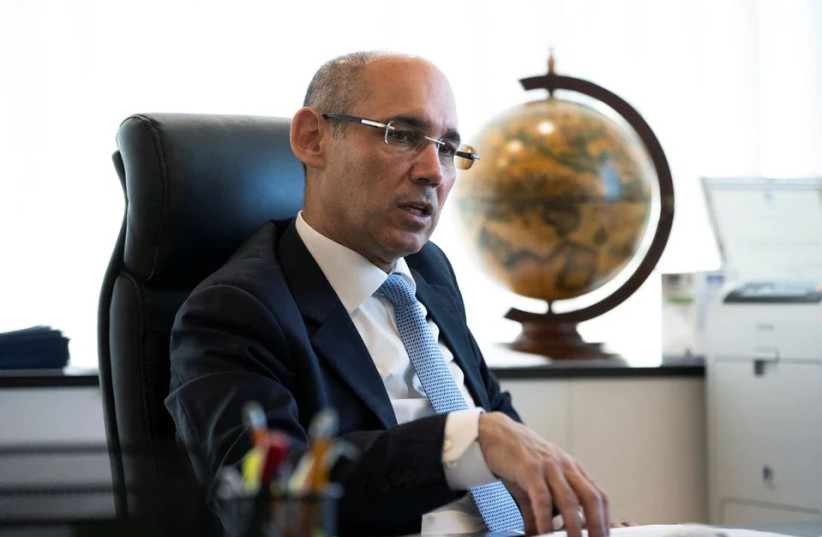The Monetary Committee at the Bank of Israel, chaired by Governor Prof. Amir Yaron, recently published their decision on the interest level, according to which the interest rate will increase by 0.75% - from 2% per year to 2.75% per year.
In the last six months, the Bank's interest rate jumped from 0.1% to 2.75%.
At the same time, the banks raised the prime interest rate to 4.25% per year.
The increase in the prime interest rate increases repayments on average mortgages, which are around one million shekels, by about 200 shekels per month. Interest on overdrafts and on refunds at credit card companies will also rise accordingly.
Yet, banks will increase the interest rate on deposits at a lower rate (0.5% per year), unless they're deposits linked to the prime interest rate. Remember that the supervisor of banks called on the heads of the banking system to increase fluidity between the mandatory interest rate and what should be the standard interest rate.
A 0.75% increase in the interest rate is considered a "hawkish decision" since the goal is to convey the strong determination of the Bank of Israel to fight against inflation and a desire to return it to the government range (1%-3%).
Yaron is more comfortable implementing such an increase thanks to the sharp rise in the dollar against the shekel.
How can Israel cool down inflation rates?
At the same time, the tight employment situation in the economy, the growth data and increasing tax collection indicate a healthy economy, so a higher interest rate may cool inflation.
The Governor will also take into account the global inflation environment and how the governors of the world's central banks are handling this matter.
The interest rate in Europe soared, and the chairman of the American Federal Reserve System Jerome Powell,also raised it last week by 0.75% per year. As a result, sharp rate drops were recorded on various stock exchanges.
The Bank of Israel estimates that inflation in the next four quarters will enter the Bank's target range reaching 2.7%, while in 2022 inflation will amount to 4.6%. In 2023, according to the research division's estimates, inflation will drop to 2.5%. Also, the research division estimated that the economy will grow by 6%.

